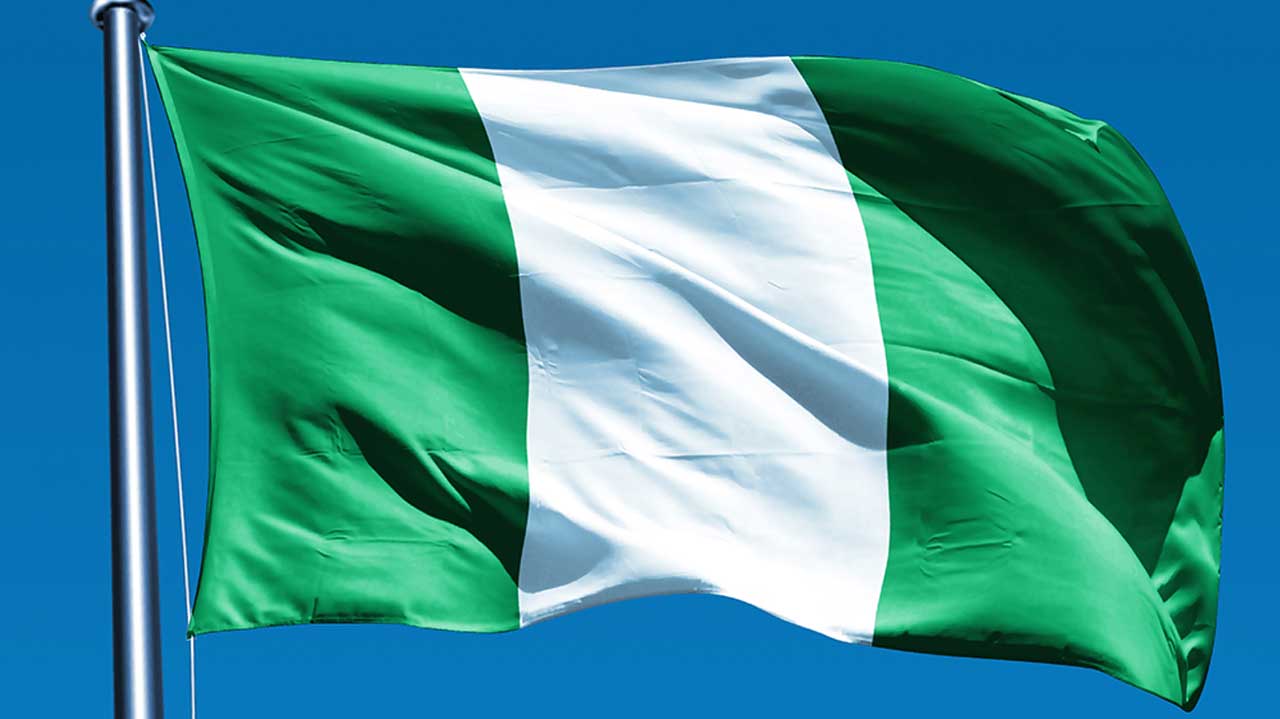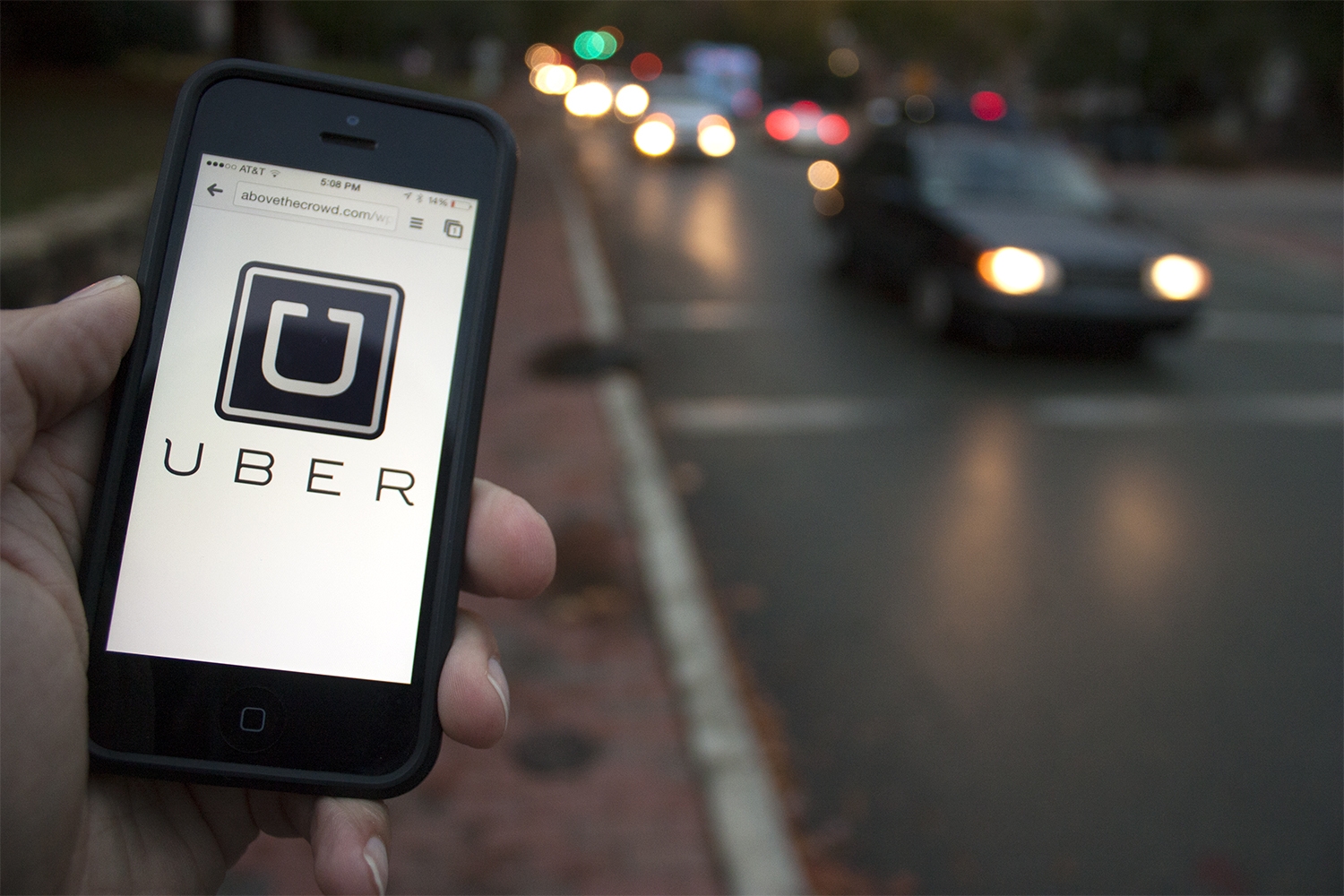Nigeria Civil Aviation Authority (NCAA) has suspended licences of three Permit for Non-Commercial Flight (PNCF), otherwise known as private jet owners, over alleged failure to comply with regulatory requirements.
Acting Director-General of NCAA, Capt. Chris Najomo, disclosed this to newsmen on Tuesday in Lagos.
Najomo said that after issuing a stern warning to the PNCFs in March, the authority deployed its men to monitor activities of private jet owners at airport terminals across the country.
He said that consequent upon the heightened surveillance, three private operators were found to have violated the annexure provisions of their PNCF and Part 9114 of the Nigeria Civil Aviation Regulations, 2023.
Najomo further stated that NCAA would be carrying out a re-evaluation of regulatory requirements compliance of all PNCFs owners within the next 72 hours.
This, he said, this was in line with the authority’s zero tolerance for violations of regulations.
“In line with our zero tolerance for violation of regulations, the authority has suspended the PNCF of these operators.
“To further sanitise the general aviation sector, I have directed that a re-evaluation of all holders of PNCF be carried out on or before April 19, to ascertain compliance with regulatory requirements.
“All PNCF holders will be required to submit relevant documents to the authority within the next 72 hours,” he said.
Najomo recalled that in 2023, the use of private jets for commercial purposes had gotten the attention of the Minister of Aviation and Aerospace Development, Mr Festus Keyamo (SAN), who issued marching orders for cessation of such acts.
He said that in March, NCAA issued a stern warning to holders of the permit for non-commercial flights, PNCF, against engaging in the carriage of passenger cargo or mail for hire and reward.
Najomo said that the riot act was also directed at existing Air Operator Certificate (AOC) holders who utilised aircraft listed on their PNCF for commercial charter operations.
“It must be emphasised that only the aircraft listed in the Operation Specifications of the AOC are authorised to be used in the provision of such charter services.
“Any of those AOC holders who wish to use the aircraft for charter operations must apply to the NCAA to delist the affected aircraft from the PNCF and include it into the AOC operations specification.
“NCAA wishes to reiterate to the travelling public not to patronise any airline charter operator who does not hold a valid AOC issued by the NCAA, when they wish to procure charter operation services,” he said.
The NCAA boss, thereafter, encouraged legitimate players in the aviation industry to promptly report such illegal activities to the authority for necessary action.






